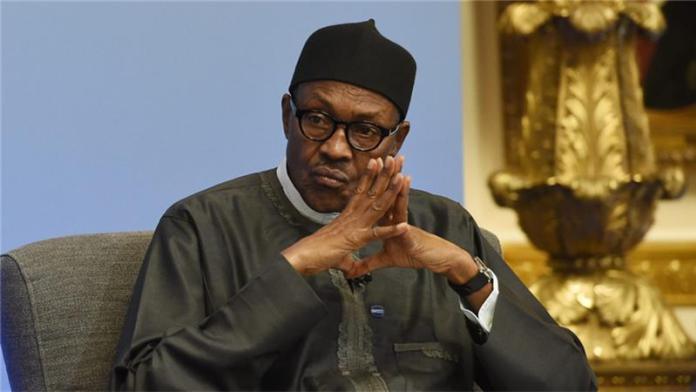On the Establishment of Anti-Corruption Institute in Kano and Ironical Impression – Rabiu Musa
Its noteworthy that leadership goes beyond occupying the seat of power but embodying values, and practicing a good virtues and not allowing oneself to be caught in any muddy and dirtiest act in order to sustain a redoubtable image and command the respect of others.
Since the return of democracy corruption has been drifting Nigeria into precipice to the point of becoming a legendary and a household name. The deep-seated corrupt practices in the country believed to be the major reason that has been responsible for her current socio economic comatose and perilous stagnation.
In some global communities, beyond our respective climes, history recorded some manifolds of great leaders that stepped down from the position they held in government for being accused of breaching public contractual trust, corruption, misappropriation, and mismanagement of public funds among others.
Nigeria supervenes when it witnessed the dawn of a new epoch in her political life, what people had never thought will happen in Nigeria had happened, when in April 2005, a sitting Senate President Mr Adolphus Wabara resigned from his position over a bribery allegations in order to attend to the charges against him and make himself available to the investigative panels.
His decision was greeted by a nationwide commendation including the spoke person of the Nigeria’s Economic and Financial Crimes Commission (EFCC) Mr Osita Nwaja, saying that the resignation of such a high level official proves that time are changing in Nigeria.
A humongous corrupt practices is believed to be a hinderance that prevents all semblance of a serious governement to achieve prosperity in all sectors of the economy. Consequently, millions of people are unable to live their lives to their full potentials, they suffered an acute squalor, poverty, malnutrition among other dehumanization effects while the corrupt leaders and their family enjoys life to the fullest at the expense of the masses.
Read Also:
Kano State has on October 2018, been thrown into a turmoil and arduous of shock when a revered Investigative Journalist Jaafar Jaafar published a scandalous video appearing to show Governor Umar Ganduje pocketing dollars in what was said to be bribe payments from public works contractors.
The Kano State governor could be seen collecting the dollars before rolling them into his white dress, “babanriga,” in one of a series of questionable deals allegeldly struck over a span of several months. This created a lot of tension in the state. Individuals, Pro-Democracy Institutions both in Nigeria and beyond has called on the Governor to step down from his position to allowed for a transparent investigation into the said bribery scandal but rather, the investigation was allegely suffered a set back at the hands of the state house of assembly. To date, some people’s nosiness is yet to be satisfied as to whether the governor received the bribe or not.
Owing to the above impression on the alleged scandalous dollar video over the years, Kano State government under the stewardship of the same governor has on July 4, 2020 approved the establishment of Kano State Anti-Corruption Institute, the development that many people viewed as an ironical gesture.
A fervent argument has been on surface in the state that the proposed institution is an attempt to discard the popular political maxim (Gandollar) attached to the governor since the ugly alledge scandal occurred.
While others see it as a welcome development and should not be seen as any attempt to score a political point. From whatever point of view one or group may judge the establishment of the institution, the simple for or against the argument rendered the whole issue into a subject of mockery. Its of paramount important for a leader to guard his reputation with his life as Robert Green says in his popular book “48 Laws of Power”, be a worthy of emulation and avoid being a topic of discussion in anything messy, let alone be caught in a cobweb of corruption.
Rabiu Musa writes from Bayero University, Kano and can he reached on: [email protected]



























